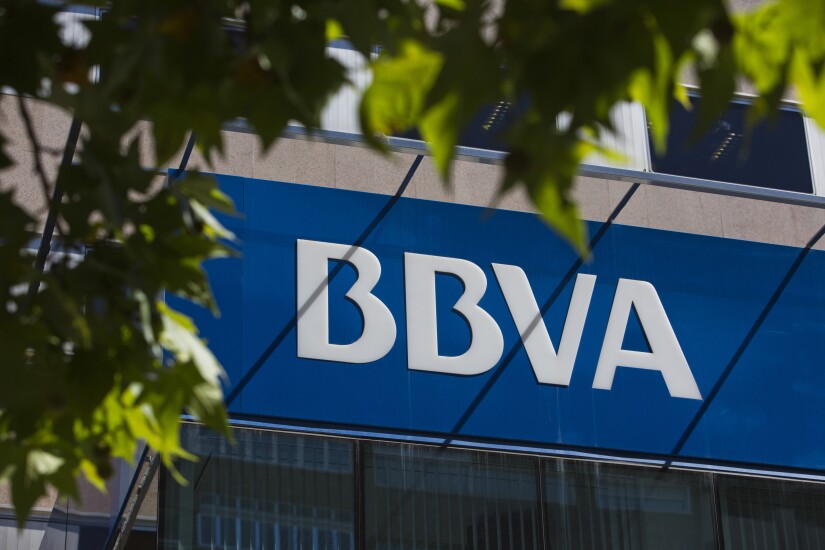This week in global news, Mizuho opens generative AI to staff, BBVA organizes to fight fraud and more.
Here's what's happening around the world.






The Consumer Financial Protection Bureau is rescinding two rules issued under former CFPB Director Rohit Chopra that required nonbanks to register court orders, plus terms and conditions of contracts.
The payments giant had a "better than expected" fiscal fourth quarter, and said it expected that momentum to carry through the holidays. It's also looking forward to tailwinds brought by the Olympics and the FIFA World Cup in 2026.
Brian McEvoy, chief retail banking officer at Webster Five in Central Massachusetts, says community banks are in a unique position to serve more small businesses. He was a speaker Tuesday at American Banker's 2025 Small Business Banking conference.
The global financial services company is providing BaaS infrastructure to the digital asset branch of investment platform WisdomTree.
Park National Corp's $317 million, all-stock deal for First Citizens Bancshares would give the buyer a presence in markets that are expected to grow faster than its legacy Ohio footprint.
Anchorage Digital Bank, Custodia Bank and Erebor Bank could be among the first recipients of limited, special-purpose payment accounts recently floated by Federal Reserve Gov. Christopher Waller.